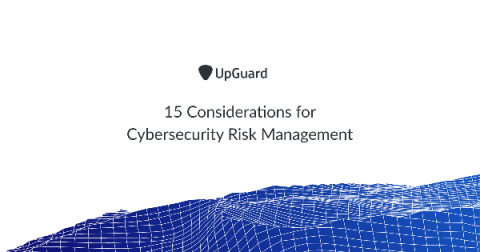What Is Multi-Factor Authentication, and What Does It Have to Do with You?
Security isn’t a simple matter of caring or spending time reading manuals or being told what you can or can’t do. Security is understanding how to view the world from a different perspective. It’s a skill that people build over time, and it’s completely appropriate to start out small. If you can do nothing else, consider the access to your accounts, professional, banking, and social media. Consider how hard a malicious actor needs to work to gain access to these.








